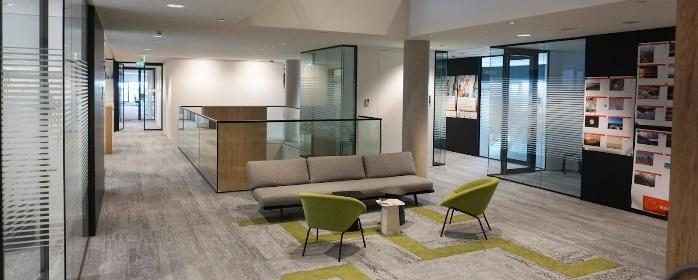Dates: October 3rd – 4th 2024
Time: 9:00 am – 4:00 pm
Location: Utrecht University – Vening Meinesz building A, Princetonlaan 8a, 3584 CB Utrecht, The Netherlands

Instructors:


Daniel Zamrsky
Ariel T. Thomas
Description
Large scale groundwater models have become a widely used to simulate groundwater flow and salinity in coastal regions. These models are often also used to study potential presence of Offshore Freshened Groundwater (OFG) in the continental shelf domains. Recent developments in numerical modelling tools (i.e. parallel imod-wq code) and Python libraries provides a great opportunity to build large scale regional groundwater models (often more than 100 000km2). In this two day workshop we will focus on implementing the imod-wq + Python workflow for regional case studies. We will go over a basic setup of the model using Python tools, discussing boundary conditions, grid and
time discretization and much more. The main goal is for the participants to gain practical and technical knowledge on large scale groundwater modelling using imod-wq and Python as well as make progress in their own groundwater
modelling projects and case studies.
Applicants are encouraged to show their motivation for joining the workshop and provide a description and ideas for their regional case study. Preferably a geological model will be ready at the start of the workshop and can be then used as main input for building the groundwater model. Proficiency with Python coding isn’t required but it will be helpful in order to make as much progress during the workshop. Therefore, participants are encouraged to follow some basic python tutorials (if possible), prior to the workshop.
Objectives
- Create a workflow to build groundwater models using imod-wq and Python that can be built upon in the future and applied in future projects
- Exchange knowledge, tips and struggles in geological and groundwater modelling
- Focus on practical model implementation and understand boundary conditions, effects of grid discretization and geological input
- Stimulate potential scientific collaboration
Course Outline
Day 0: Wednesday 2 October
Participants arrive to Utrecht, potential ice-breaker dinner in the city
Day 1: Thursday 3 October 2024
Session 1: Workshop introduction, case study presentations, creating working groups with similar goals and model inputs, introduction into imod-wq and Python tools part 1
Session 2: Introduction into imod-wq and Python tools part 2, brainstorm on and implementation of Python tools customization for working groups, working on individual case studies
Evening: dinner and drinks in the city
Day 2: Friday 4 October
Session 1: Continue work on individual case studies
Session 2: Wrap up case study work, discussion about future collaborations and workshop topics, workshop wrap up